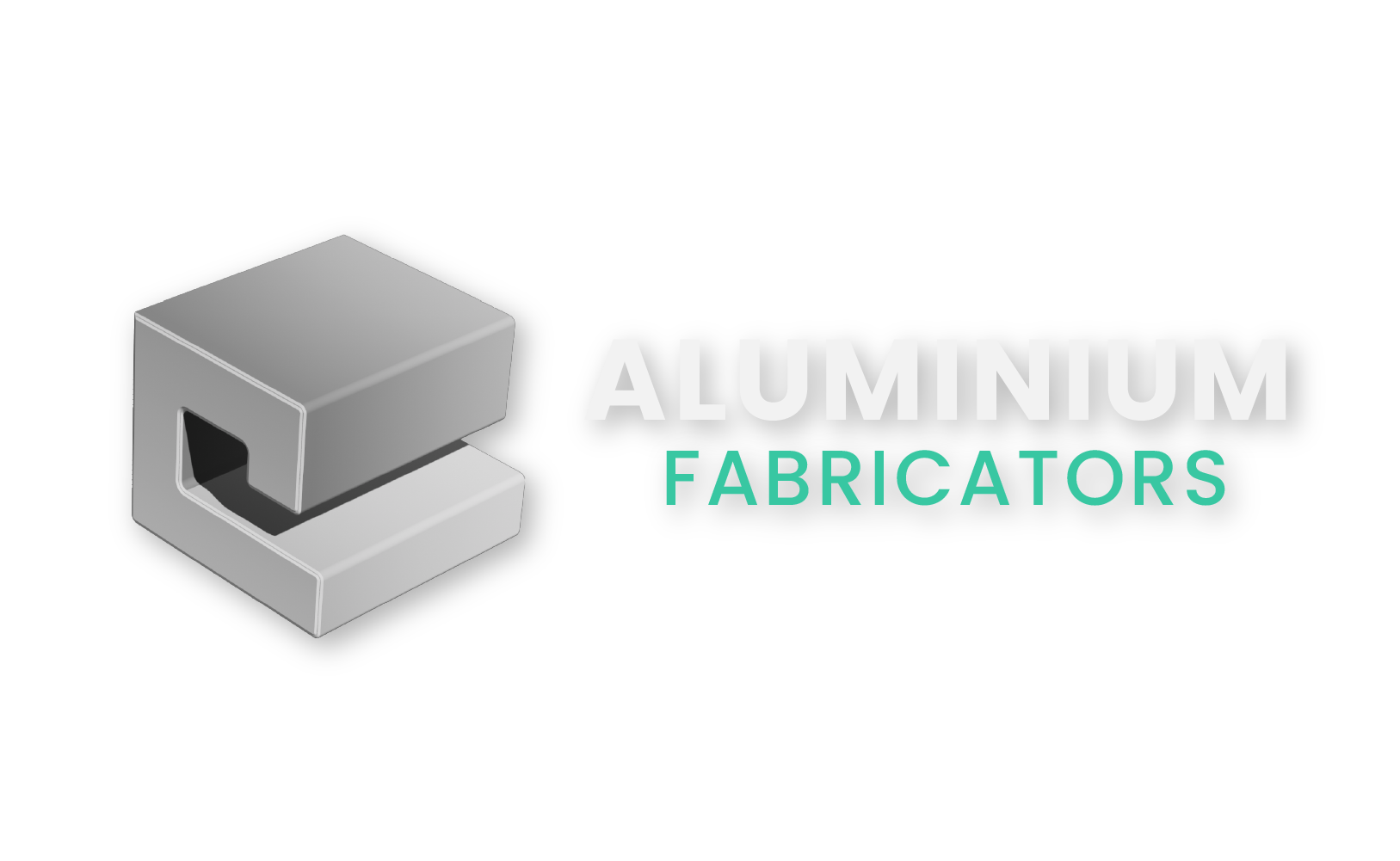Aluminium fabrication is quietly shaping the world around us. From the windows we look through, to the cars we drive, and even the gadgets we use every day, aluminium has become one of the most relied-upon materials of modern life. It’s strong yet surprisingly light, it’s sleek yet incredibly durable, and when expert fabricators get to work, the possibilities are practically endless.
So, what exactly is aluminium fabrication, and why should you care about it?
What is Aluminium Fabrication?
In simple terms, aluminium fabrication is the process of taking raw aluminium and transforming I into something useful – whether that’s a structural frame for a building, a precision machine part, or a decorative feature that brings a touch of style. To make this happen, fabricators use a mix of techniques including cutting, bending, welding, and machining.
What makes this process so fascinating is the way aluminium behaves. Unlike heavier metals, aluminium offers the best of both worlds – it’s lightweight enough to be easy to handle, but still durable enough to stand up to demanding environments. That combination means it’s become a go-to choice for industries everywhere.
Why Aluminium Is a Superstar in Metal Work
Not all metals are on the same level. Some are naturally more brittle whilst others are stronger. Aluminium is the king in the world of metal work thanks to its impressive list of qualities.
- Lightweight but strong: Aluminium is roughly a third of the weight of stell. That means structures can be built sturdier without weighing a tonne! Imagine a aircraft made entirely of steel… not a great idea for flying.
- Durability that lasts: Despite being light, aluminium is a tough metal. It resists rust and corrosion naturally, thanks to a tin oxide coating that forms on its surface.
- Incredibly versatile: aluminium fabrication can be used for everything from high-rise buildings to stylish furniture that you see in a fancy show room.
- Eco-friendly and recyclable: Aluminium can be recycled over and over without losing quality. That makes it a sustainable choice for industries keen to reduce their carbon footprint.
Put simply, aluminium doesn’t just tick a few boxes – it ticks them all!
The Fabricator’s Magic Touch
Of course, aluminium doesn’t just transform itself. That’s where skilled fabricators come in. using a mix of high-tech machinery and hands-on expertise, they shape raw aluminium into designs that are safe, reliable, and fit for purpose.
Techniques include:
- Cutting: sliding aluminium sheets or bars into precise shapes.
- Bending and forming: giving aluminium its curves, angles, and unique designs.
- Welding: carefully joining aluminium parts together.
- Finishing: polishing, anodising, or powder coating the metal for extra strength and style.
Fabricators are problem-solvers and creators rolled into one. They’re the people who make sure aluminium’s lightweight qualities and durable nature shine through in every project.
Where Aluminium Fabrication Shows Up in Everyday Life
You might not always notice it, but the results of aluminium fabrication are everywhere. Take a look around you and you’ll see it playing a role somewhere:
- Construction: Think window frames, cladding, roofing, and curtain walls. Aluminium is the backbone of modern architecture, thanks to its strength and sleek look.
- Transport: Cars, buses, trains, planes, and even ships use aluminium to save weight without compromising safety. Lighter vehicles mean better fuel efficiency!
- Industrial uses: From machine housings to protective enclosures, aluminium fabrication helps industries runs smoothly.
- Everyday products: Kitchen gadgets, shop fittings, furniture, signage, and even your laptop casing may well be aluminium.
In short, if you look hard enough, you will spot aluminium quietly making your day-to-day life easier.
Why Aluminium Fabrication Matters for Your Next Project
So, why should you consider aluminium fabrication for you project? If you haven’t realised already that is. Here are a few reasons that make it the ultimate choice:
- Strength without the strain: Because aluminium is lightweight, it’s easier (and often cheaper) to transport, lift, and install.
- Durability you can trust: Its natural resistance to rust makes it perfect for outdoor structures and harsh environments.
- Flexibility in design: Whether you want clean lines for modern building or complex shapes for an industrial machine, aluminium can handle it. No problem!
- Eco-friendly choice: With recycling rates climbing, aluminium remains one of the greenest metals around.
When you add all that together, aluminium fabrication is a no brainer. It becomes more than just a process.
Final Thoughts: The Future Is Aluminium
Aluminium fabrication isn’t just about shaping metal; it’s about shaping possibilities. With its unbeatable mix of being lightweight and durable, versatile, and eco-friendly, aluminium is leading the way in modern metal work. Skilled fabricators take those raw sheets and bars and turn them into the strong, sleek, and sustainable products we rely on every single day.
So, whether you’re planning a large-scale construction project, designing precision equipment, or simply looking for a material that won’t let you down, aluminium fabrication is the answer. Its strong, its light, and it’s here to stay.


